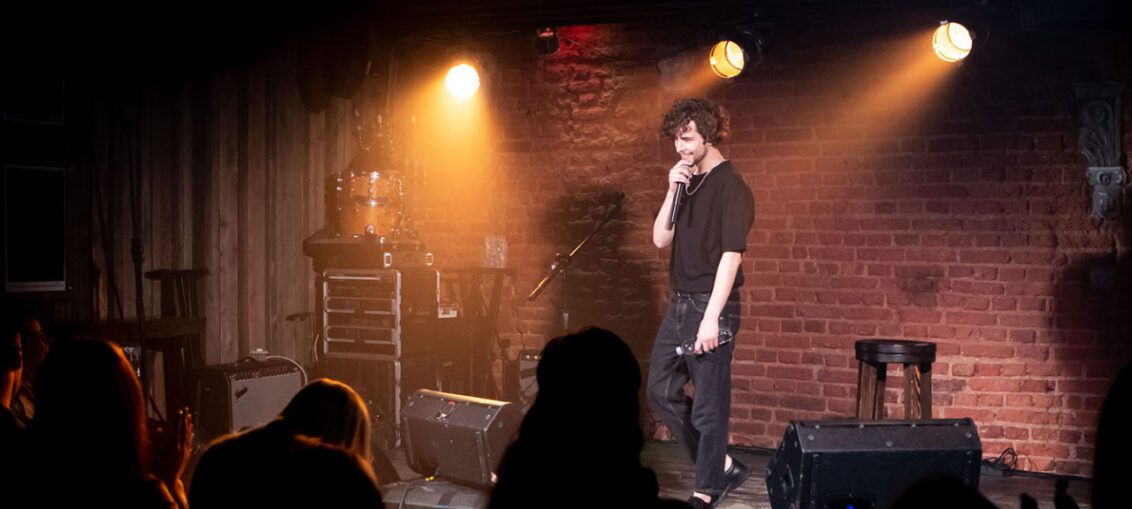
Humor has the unique power to both entertain and enlighten, serving as a compelling channel for social commentary. As society grapples with complex issues like inequality, political turmoil, and environmental degradation, comedians are stepping up as insightful critics and observers of our times. In the hands of skilled artists, humor becomes more than a vehicle for laughter; it becomes a tool for change.
The Satirical Lens
Satire has been used for centuries to challenge the status quo and provoke thought. Modern comedians like John Oliver and Hasan Minhaj employ research-intensive comedy to dive deep into complex issues, from criminal justice reform to climate change. Their shows often act as investigative journalism pieces, peppered with humor to make the information digestible.
Comedy and Inclusivity
The comedy stage is becoming an increasingly inclusive space, giving voice to underrepresented communities. Comedians like Hannah Gadsby, Wanda Sykes, and Ali Wong tackle issues like gender inequality, sexual orientation, and cultural stereotypes, dissecting social norms and questioning biases. Their humor acts as a form of education, urging audiences to consider perspectives other than their own.
Laughter as a Unifier
In divisive times, humor can serve as a unifying force. By poking fun at universal human experiences, comedians create a sense of community among diverse audiences. This shared laughter can serve as a starting point for more serious conversations about social change.
Normalizing Difficult Conversations
Subjects like mental health, sexual assault, and systemic racism have long been considered taboo. Comedians like Chris Gethard, Tig Notaro, and Dave Chappelle have used their platforms to normalize these difficult conversations. While the approach can be risky, successful execution allows audiences to confront these issues in a new light, fostering open dialogue and challenging societal stigmas.
The Comedy Roast as Critique
In the tradition of comedy roasts, public figures and institutions are publicly mocked, often revealing truths that are either ignored or glossed over in mainstream discourse. The humor can be biting, but the underlying critique serves to hold those in power accountable.
The Limits of Humor
However, it’s important to recognize that not all comedy serves as productive social commentary. Jokes that punch down or perpetuate harmful stereotypes do more damage than good. The line between insightful humor and insensitive mockery is thin but crucial.
The Call to Action
Audiences should not merely be passive consumers of comedy but should engage critically with the material. Share insightful pieces, discuss them in your social circles, and, most importantly, let them inspire you to take action. Whether it’s advocating for policy change or simply becoming more informed about the issues, the ultimate aim of conscious comedy is to serve as a catalyst for social change.
In the grand scheme of things, humor alone can’t solve the world’s problems. But it can spark important conversations, challenge our way of thinking, and unite us in common cause. In that way, conscious comedy serves as an essential tool for social commentary, urging us to laugh, think, and then act.
